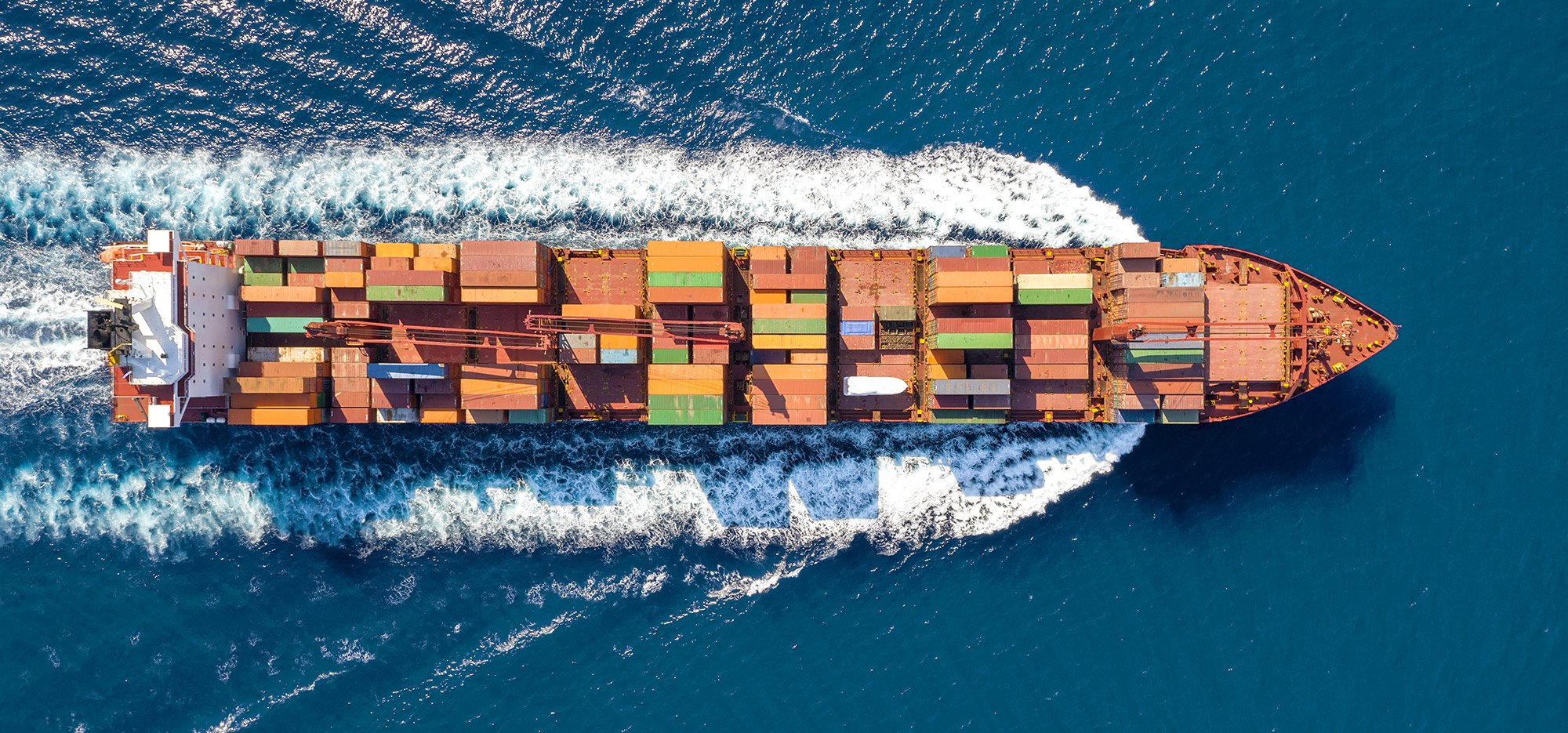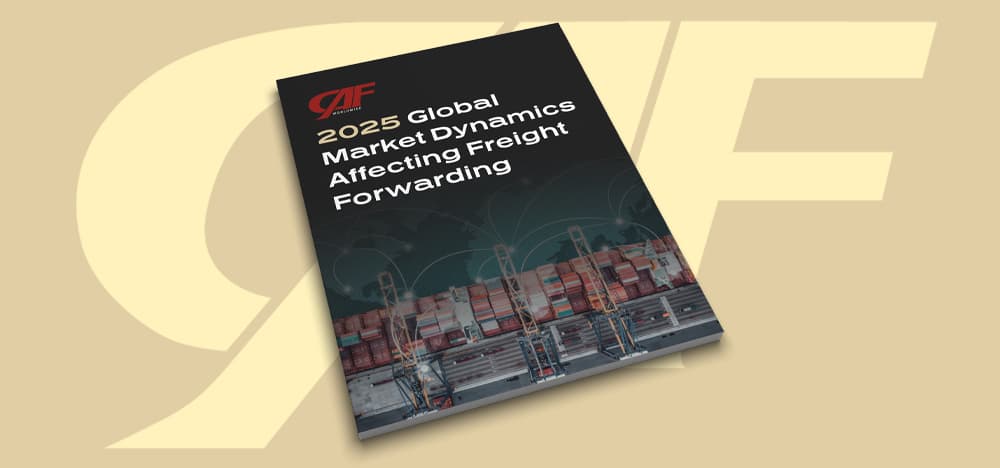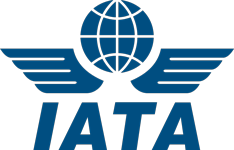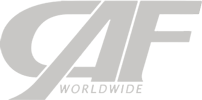Incoterms are a set of rules for governing which party in a contract is responsible for paying for each specific stage of a shipment’s transport, from its point of origin to its destination. Defined by the International Chamber of Commerce (ICC), Incoterms are an internationally accepted standard, and as such, help to facilitate the free movement of goods around the world.
The ICC’s newest Incoterms become effective Jan. 1, 2020. Here’s a quick breakdown of the changes from the last version, published in 2010, and what they mean for you.
How Many Incoterms Are There?
Since 2010, there have been 11 incoterm categories for those in the global trade business to use. With the launch of the ICC’s Incoterms 2020 list, the number of terms remains at 11.
However, as outlined below, one term from Incoterms 2010, DAT (Delivered at Terminal), has been replaced in the 2020 version with DPU (Delivered at Place Unloaded).
Rules for All Modes of Transport
| 2020 Incoterms |
2010 Incoterms |
| EXW (Ex Works) |
EXW (Ex Works) |
| FCA (Free Carrier) |
FCA (Free Carrier) |
| CPT (Carriage Paid To) |
CPT (Carriage Paid To) |
| CIP (Carriage and Insurance Paid To) |
CIP (Carriage and Insurance Paid To) |
| DAP (Delivered at Place) |
DAP (Delivered at Place) |
| DPU (Delivered at Place Unloaded) |
DAT (Delivered at Terminal) |
| DDP (Delivered by Duty Paid) |
DDP (Delivery Duty Paid) |
Rules for Sea & Inland Waterway Transport
| 2020 Incoterms |
2010 Incoterms |
| FAS (Free Alongside Ship) |
FAS (Free Alongside Ship) |
| FOB (Free on Board) |
FOB (Free on Board) |
| CFR (Cost and Freight) |
CFR (Cost and Freight) |
| CIF (Cost Insurance and Freight) |
CIF (Cost Insurance and Freight) |
What Does the Change From DAT to DPU Mean?
Functionally, there is no major difference—both terms signify a shipment has been delivered and unloaded at a contractually specified location. However, in the 2010 version, there was technically no Incoterm available for parties to specify a delivery location that was not a “Terminal,” such as a warehouse.
As such, the 2020 update, DPU, gives users more flexibility. Those who previously used DAT to specify the point of unloading at a terminal must now simply adopt DPU to also denote unloading at a different type of location.
What Other Changes Are in the Incoterms 2020 List?
While the shift from DAT to DPU is the only headline change, there are a handful of other updates to the specifics of certain terms shippers and logistics professionals should be aware of:
- CIP Insurance Requirements: Under CIP (Carriage and Insurance Paid To), sellers are responsible for paying both the carriage and insurance to the specified location. While this remains consistent in the 2010 and 2020 versions, the level of required insurance has changed.
Previously, sellers were only required to pay for Institute Cargo Clause C insurance—the lowest level, as defined by the ICC. Under Incoterms 2020, sellers now have to provide Clause A insurance—the highest tier. This will likely increase insurance costs for sellers, but also the level of reimbursement they receive in the event a shipment is lost, damaged or destroyed.
This change does not affect CIF-designated shipments, which are still eligible for Clause C insurance.
- Security Costs: Incoterms 2020 places extra responsibilities (and therefore costs) related to security on each of the parties involved in a trade transaction. Among other measures, the new Incoterms mandate container inspections, and specify which party is responsible for security and customs costs at each stage of the shipping process.
- First-Party Transportation: Previous versions of the Incoterms assumed that all shipment and haulage would be conducted by third parties. Incoterms 2020 adds regulation for parties who wish to use their own transportation.
- On-Board Bill of Lading: Under a new section of the FCA rule, a freight carrier may now issue an on-board bill of lading to a seller, who must then forward it to the buyer.
It’s important to note that Incoterms do not serve as a contract, or replace contracts between parties. Instead, they are commonly accepted terms that can be used within wider agreements between a buyer and a seller to confirm responsibilities for each stage of the transfer of goods.
CAF Worldwide can provide consulting services on every aspect of the global supply chain, including Incoterms. Contact us today to discuss your needs!













 Copyright 2025 CAF Worldwide. All rights reserved.
Copyright 2025 CAF Worldwide. All rights reserved.